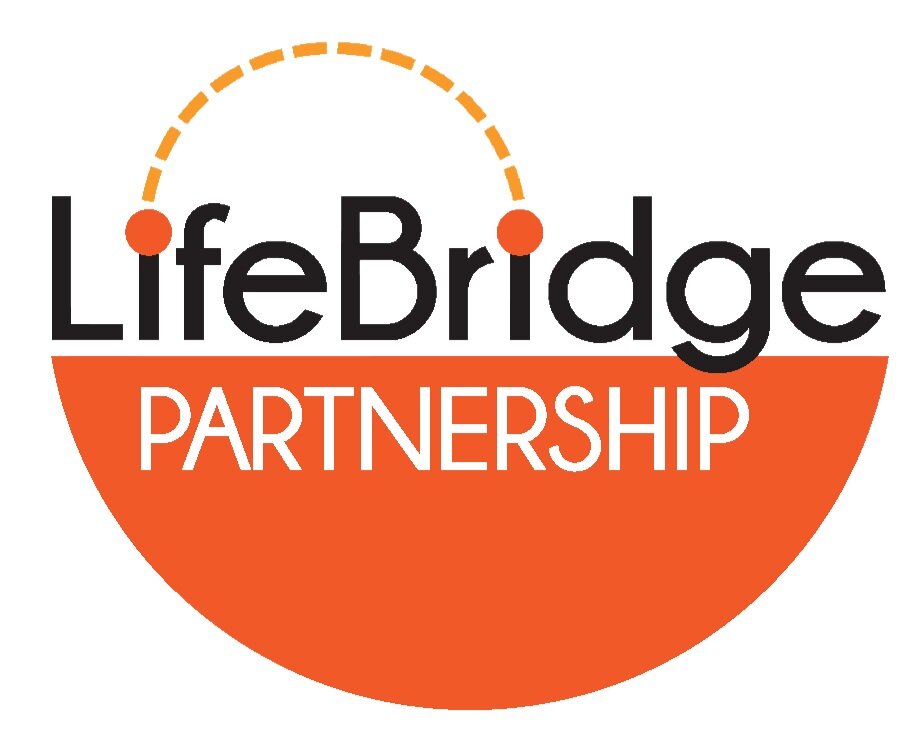What if Missouri Changes Its Property Tax Laws?
Perhaps you’ve heard that Missouri is actively debating changes to property tax laws. While tax relief is a welcome idea for many, it’s critical to understand how those changes could affect core services that help communities thrive — including those that LifeBridge Partnership’s participants rely on.
How Property Taxes Help Our Communities
In Missouri, property taxes are a foundational source of local funding for:
Public schools
Fire and ambulance services
Libraries
Road and infrastructure maintenance
Special districts (such as community improvement districts, park districts, local transportation)
Disability services, when levied through specific boards or resource boards
Proposed Changes On The Table
There are a few proposals currently being discussed in Missouri that, if implemented, could influence future revenue streams for those core services:
Freezing or capping property tax assessments for certain populations
Reducing assessment percentages for personal property (STLPR)
Broadening exemptions, credits, or tax relief programs for certain populations (Missouri Senate)
Increasing limitations or oversight on how much taxing districts can raise levy rates (Missouri Independent)
Permitting or expanding alternative revenue instruments (Missouri Senate)
The Impact
If property tax revenues decline, essential community services across Missouri could be severely impacted. Fire and EMS districts may face longer response times and fewer resources, libraries could see branch closures and program cuts, and schools may struggle to fund staff, programs, and transportation. Disability and developmental services risk losing funding for therapies and community inclusion programs. Communities may struggle to maintain infrastructure, like roads and bridges, as well as their parks and recreation programs. The greatest impact, of course, will fall on vulnerable and underserved populations who rely on public services — people with disabilities and their families, rural areas, low-income neighborhoods and individuals, and older adults on a fixed income.
Mitigating The Risks
There are strategies that could reduce the impact of property tax law changes:
Phased implementation: Gradually shift changes over years to allow districts to adjust (rather than sudden cuts).
“Hold-harmless” protections: Guarantee a minimum level of funding or transition grants for critical services.
Targeted exemptions or carve-outs: Allow essential service districts (fire, EMS, disability boards) to be exempt from certain caps.
Diversified revenue: Encourage or permit districts to adopt supplementary revenue streams (e.g. sales tax, service fees, grants).
State or federal backstops: State-level funding formulas could compensate for local shortfalls, especially in underserved areas.
Community engagement & advocacy: Ensure residents, service providers, and self-advocates are represented at hearings and discussions so decision-makers understand real-life impacts.
Bottom Line
Changes to property tax law might bring relief to some taxpayers in the short term, but without careful safeguards, those changes could undermine critical community services — especially those relied on by vulnerable populations. As these debates advance in Jefferson City and across Missouri, your voice matters.
Stay informed (start with the links in this article)…share your story…advocate for transparency in potential funding gaps… encourage the adoption of mitigations in conjunction with tax law changes. Contact your representatives to let them know that protecting core services in your community matters!
Karen Schuster, CEO

